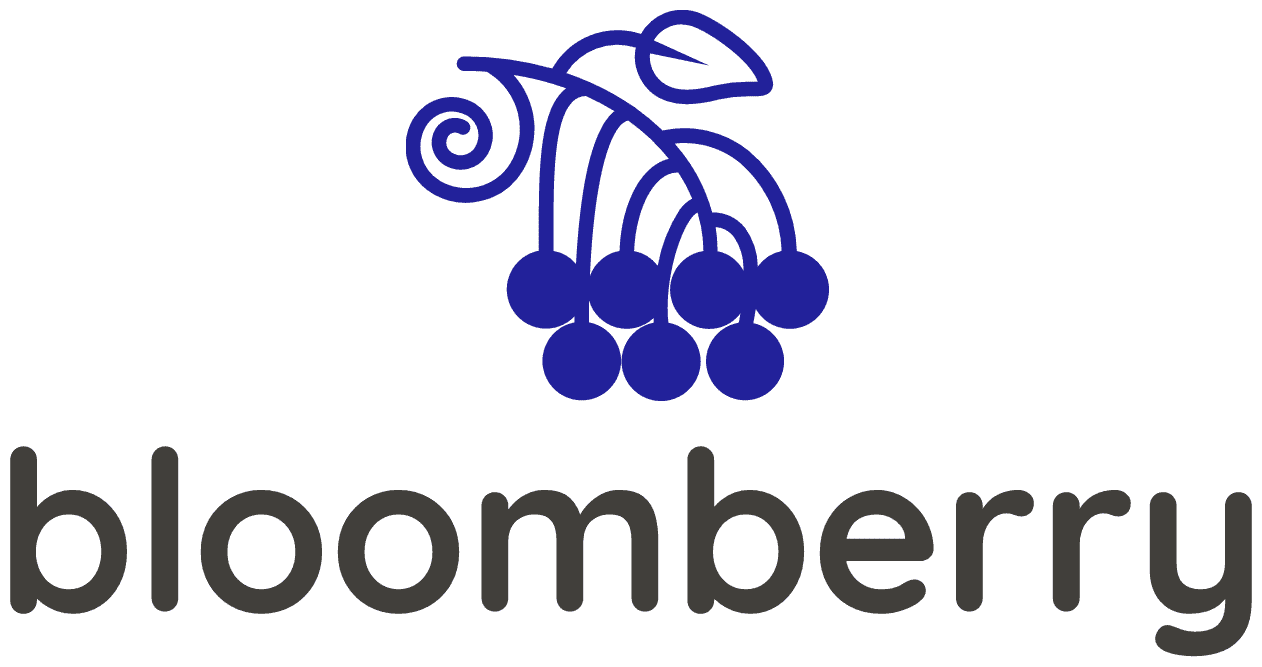We’ve all heard the advice: always negotiate your job offer. Don’t be afraid to ask for at least 10% more. The worst they can say is No, right?
Unfortunately, this “common sense” advice can be fatally wrong. And as a career coach, I observed a few things in the past month that confirmed you should be very cautious when negotiating, especially in the brutal job market we have today.
Here’s what made me so hesitant recently: I have a client (let’s call him Bob, who gave me permission to share his story). Bob’s a software engineer with 10+ years of experience in various tech companies. He recently got laid off and has been interviewing the past few months. He finally received an offer from another company, but it was a bit below what he made previously, so he asked for slightly more. Nothing wrong with that, right? Unfortunately, the next day the company rescinded his offer. Yes, rescinded as in removed him from consideration. Not a polite “We can’t go higher” or “Unfortunately, that’s our final offer” but a straight up Goodbye!
After talking with some hiring managers and recruiters in the past few weeks, I discovered that this isn’t just a one-off. It’s happening more often these days. Companies are rescinding offers if you try to negotiate too hard. The reasons vary from “having plenty of other candidates to choose from” to “they were happy with the salary range we told them in the beginning of the process” to “the candidate showed they wouldn’t be happy with the initial offer, so they rejected themselves!”.
While you shouldn’t be entirely discouraged to ask for more money, it’s critical you go about it the right way. Instead of “always ask for more, it doesn’t hurt”, here’s some nuanced advice I would give job seekers in today’s tight job market:
Don’t negotiate if you have zero leverage, or if you need the job
You might think you’re a special snowflake with lots of experience, maybe even some in a Big Tech company, but unless you truly have some hard to find skill (ie. you can throw 100 mph fastballs and hit homeruns), there’s probably a lot of other candidates applying for the same job. And if recruiters detect the slightest bit of resistance from you, guess what? They can simply choose someone else. So if you truly need the job to pay your bills, don’t negotiate. Just take the offer.
Don’t negotiate if you’re happy with the entire package
A lot of us focus on total compensation, and for good reason. But there’s more to a job than just the money. It could come with good perks (like the ability to work remotely more often), better work-life balance, or even a better learning experience. So even if an offer is a tad below what you’re expecting, if the other aspects of the job make up for it, consider not negotiating.
Don’t say you’re happy with a salary range in the beginning of the process, then say you want something later on
There’s nothing more irritating to a hiring manager than a candidate agreeing to the salary range given in the beginning, then changing their mind at the end. It feels insulting and almost like a bait and switch. If you’re unhappy with the range given in the beginning, just be honest and tell them you were expecting higher. Don’t wait until the very end. It’s a waste of everyone’s time: the company and yours.
There’s two exceptions to this rule. One is if you have a counter-offer (and if you have multiple counter-offers, you should stop reading this article because 99% of this advice does not apply to you). If you have a counter-offer, you simply have much more leverage and a “valid” reason for asking for more money. And if they dismiss you, you can just choose the higher offer instead.
The other exception is if you learned significant new information during the interview that makes you think the salary should be higher. For example, if the job description was originally for a senior software engineer, but you discovered you actually would be managing 3-4 other developers too, and the salary range given didn’t reflect that, it’s valid to ask for more afterwards (as long as you communicate that kindly and clearly)
Don’t tell recruiters anything that might be perceived as an ultimatum
It’s important to keep in mind that there’s another human being on the other side of a negotiation. And humans are imperfect beings that can misinterpret anything you say. So it’s critical that you respond clearly and unambiguously, instead of presuming any casual reply will kick off a back and forth negotiation. Read and re-read your reply before you send it. Ask yourself: What’s the worst possible interpretation the recruiter/hiring manager could have from this?
It’s very easy to get this wrong. Here’s the message Bob sent to the recruiter (paraphrased):
”Thanks for the offer! I’m really excited about working for X and this offer is very close to the compensation I’m looking for. However, I think increasing the base from $100K to $120K would make me committed and ready to join X. Would that be possible?”
On a first glance, this sounds like an innocent, polite reply. And most recruiters would probably respond kindly to it, but to some, even this feels a bit of an ultimatum.
Why? Let’s break down this response:
- “this offer is very close to the compensation I’m looking for” implies that the offer isn’t enough for you. It also implies you won’t accept the offer unless it’s moved to 120k.
- “Increasing the base from $100K to $120K would make me committed and ready to join X” implies you aren’t committed as it stands right now. So if they can’t increase the base salary to $120K, and you accept the lower offer, it means that you would join the company, with less than 100% commitment and enthusiasm. As an employer, would they really want that? If the economy improves in a year or 2, and you get a lot of offers in the future, it’s likely you’ll just move to greener pastures.
Note that it’s possible all of these things could be true. You won’t accept the offer unless it’s upped to 120K, and you won’t be committed if the final offer is 100K. But if that’s truly not your situation, you’re unintentionally giving the recruiter an ultimatum: Accept your offer or pay you the lower salary, and accept you won’t be 100% happy when you join. Your message is NOT aligned with the risk you were willing to take.
A much better reply would be something like this:
“I am excited about joining company X! The offer is great and I’m prepared and happy to accept the $100K offer today as it is. But based on what I’m seeing in the market, and talking with peers, similar roles are paying $120K. Pay equity is important to me, and I would be grateful if it could be increased to $120k. Would that be possible?”
In contrast, this reply implies a few things:
- “The offer is great and I’m prepared and happy to accept the $100K offer today as it is” You’re OK with accepting the $100K offer, and would be happy with that salary if the salary can’t be higher
- “Similar roles are paying $120K. Pay equity is important to me, as I’m sure it is for company X” You’re giving them extra research that shows you’re not just trying to milk a higher amount. Talking about pay equity is also a gentler way to remind hiring managers that you want a win-win situation, and a way to reframe the counter-offer as a desire to align with some higher value (pay equity) rather than being greedy.
In conclusion, advice like “it can’t hurt to ask for more” might be good advice when the job market is good, but in a tight job market, it’s not only bad advice, it’s dangerous advice. It’s unfortunate that recruiters/hiring managers are acting so impulsively, but remember, companies have full pipelines of qualified candidates to choose from today. So when you ask for more money, you need to do it the right way, and that depends entirely on your your leverage and your risk appetite. In short, you need to tailor your message to the risk you are willing to take. Be 100% clear on your intentions, and don’t inadvertently reject the offer in the negotiation process.
Subscribe to get more data-driven research on hiring, labor and AI trends
Future articles will include: outsourcing trends, our best attempt to use data to find out which careers are least likely to be replaced by AI, and more! No fluff, no armchair predictions, just refreshing research backed by DATA






